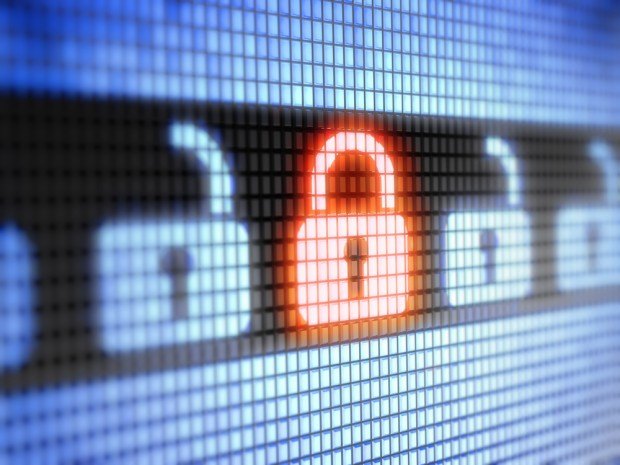Global security officials agreed a set of proposals on Friday for future 5G networks, highlighting concerns about equipment supplied by vendors that might be subject to state influence.
No suppliers were named, but the United States has been pressing allies to limit the role of Chinese telecom equipment makers such as Huawei Technologies over concerns their gear could be used by Beijing for spying. Huawei denies this.
“The overall risk of influence on a supplier by a third country should be taken into account,” participants at the conference in the Czech capital said in a non-binding agreement released on the last day of the two-day gathering.
Representatives from 30 European Union, NATO and countries such as the United States, Germany, Japan and Australia attended the meeting to hash out an outline of practices that could form a coordinated approach to shared security and policy measures.
Diplomatic sources said participating countries were not ready to sign any documents in Prague because they had not concluded debates about the issue at home but called for participants to seize on the momentum moving forward.
“This would be a pity if this turns out to be a one-off event,” Japan’s ambassador for cyber policy Masato Ohtaka said.
Neither China nor Huawei were invited to the event, although participants said no country or company was being singled out.
Western concerns about Huawei center on China’s 2017 National Intelligence Law, stating that Chinese “organizations and citizens shall, in accordance with the law, support, cooperate with, and collaborate in national intelligence work.”
Huawei was not immediately available for comment on Friday. On Thursday, it had said it hoped the gathering would seek a more scientific and “unemotive” way of approaching technology. It said it supported standards based on “facts and evidence.”
The final document looked at the impact of 5G on policy, technology, economy and security, with general recommendations on how best to mitigate potential risks.
“All stakeholders including industry should work together to promote security and resilience of national critical infrastructure networks, systems and connected devices,” the document said.
The security issue is crucial because of 5G’s leading role in internet-connected products ranging from self-driving cars and smart cities to augmented reality and artificial intelligence. If underlying technology is vulnerable, it could allow hackers to exploit such products to spy or disrupt them.
Europe — where Austria, Belgium, Czech Republic, France, Germany, Greece, Hungary, Ireland, the Netherlands, Lithuania and Portugal are preparing to auction 5G licenses this year — has emerged as a battleground over Huawei’s next-generation technology.





















 Machine Learning for Mutuals: What’s Working, What’s Not, and What’s Next
Machine Learning for Mutuals: What’s Working, What’s Not, and What’s Next  State Farm Inked $1.5B Underwriting Profit for 2025; HO Loss Persists
State Farm Inked $1.5B Underwriting Profit for 2025; HO Loss Persists  Teens’ First Year on the Road Most Deadly
Teens’ First Year on the Road Most Deadly  State Farm Mutual to Pay $5B Dividend to Auto Insurance Customers
State Farm Mutual to Pay $5B Dividend to Auto Insurance Customers 




